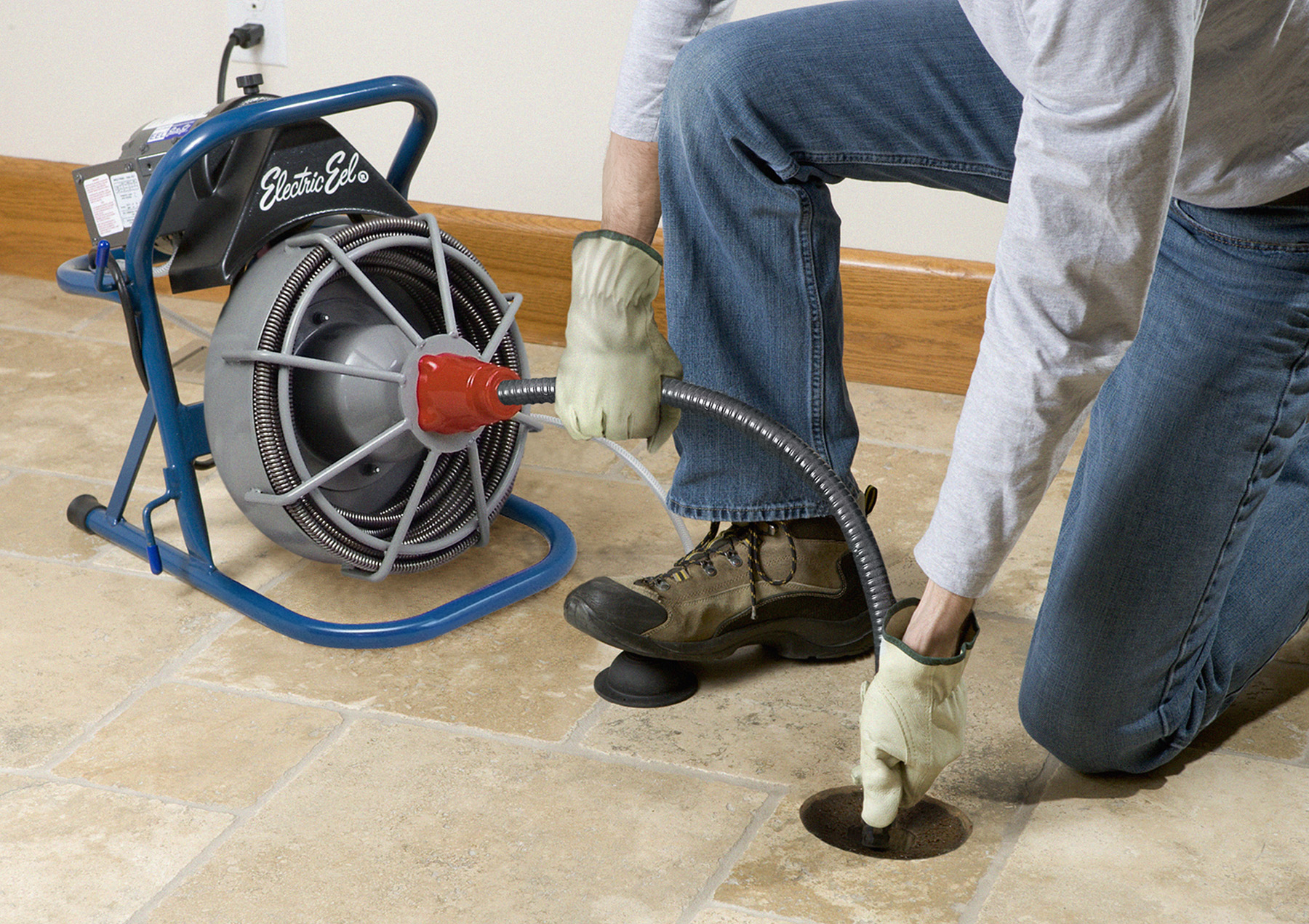Clogged drains are a common household nuisance that can disrupt your daily routine and lead to costly plumbing bills. While commercial drain cleaners can be effective, they often contain harsh chemicals that are harmful to both your plumbing and the environment. Instead, consider eco-friendly and natural remedies to tackle these issues. In this guide, we will explore five natural solutions to unclog drains, promote sustainability, and maintain a healthy home environment.
1. Baking Soda and Vinegar
Ingredients:
- 1/2 cup of baking soda
- 1/2 cup of white vinegar
Procedure:
- Start by pouring the baking soda down the clogged drain.
- Follow it up with the white vinegar. You’ll notice a fizzing reaction, which is a sign that the mixture is working.
- Let it sit for about 30 minutes to an hour. This allows the chemical reaction to break down the clog.
- Finally, flush the drain with hot water to wash away the loosened debris and clear the drain.
How It Works: The combination of baking soda and vinegar creates a chemical reaction that can help break down clogs. Baking soda acts as a mild abrasive, while vinegar is acidic, which helps dissolve organic matter causing the clog.
Environmental Benefits: This method is entirely eco-friendly, using common household items that are safe for your plumbing and the environment. There are no harmful chemicals involved, making it a sustainable solution.
2. Boiling Water
Ingredients:
- A kettle or pot of boiling water
Procedure:
- Boil a kettle or pot of water.
- Carefully pour the boiling water directly down the clogged drain.
- Repeat this process a few times, allowing each round of hot water to work its way through the drain.
How It Works: Boiling water can be effective for clearing minor clogs caused by grease or soap scum. The hot water melts and loosens these substances, allowing them to flow down the drain.
Environmental Benefits: Using boiling water as a drain cleaner is an eco-friendly method since it doesn’t introduce any chemicals into the environment. It’s also a simple and cost-effective solution.
3. Salt and Baking Soda
Ingredients:
- 1/2 cup of salt
- 1/2 cup of baking soda
Procedure:
- Mix the salt and baking soda in a bowl.
- Pour the mixture down the clogged drain.
- Let it sit for several hours or overnight.
- Rinse the drain with hot water to clear away the loosened debris.
How It Works: The abrasive nature of both salt and baking soda can help break down clogs and dissolve grease and organic matter. The combination of the two increases their effectiveness.
Environmental Benefits: This natural remedy is safe for the environment and your plumbing. It also allows you to repurpose common kitchen ingredients for a sustainable solution.
4. The Bent Wire Hanger
Equipment:
- A wire coat hanger
Procedure:
- Straighten the wire coat hanger as much as possible, leaving a small hook at one end.
- Insert the hook into the drain and start fishing for the clog. Be cautious not to push the clog further down the drain.
- Once you’ve hooked the clog, pull it out. Dispose of the debris properly.
How It Works: The bent wire hanger physically removes the clog by either dislodging it or hooking onto it, making it easy to pull out.
Environmental Benefits: This method doesn’t require any chemicals, making it an environmentally friendly option. It’s a simple and effective way to clear minor clogs without harming your plumbing.
5. Enzyme-Based Drain Cleaners
Ingredients:
- Enzyme-based drain cleaner (readily available at most hardware stores)
Procedure:
- Follow the manufacturer’s instructions on the label to use the enzyme-based drain cleaner.
- Typically, you’ll need to pour the recommended amount of cleaner down the drain and let it sit for a specified amount of time.
- Flush the drain with warm water.
How It Works: Enzyme-based drain cleaners contain natural enzymes that break down organic matter and clear clogs. They work over time, making them effective for both clearing clogs and preventing future ones.
Environmental Benefits: Enzyme-based drain cleaners are biodegradable and pose minimal risk to the environment. They are a sustainable choice for maintaining your plumbing system while being gentle on the planet.
Frequently Asked Questions (FAQs)
Q1: Are natural remedies as effective as commercial drain cleaners?
A1: Natural remedies can be effective for minor clogs and regular maintenance. However, for severe clogs, it may be necessary to use a commercial drain cleaner or seek professional help. Preventive measures such as regular use of natural remedies can help reduce the likelihood of severe clogs.
Q2: Can these natural remedies harm my plumbing?
A2: Natural remedies are generally safe for your plumbing. Unlike some commercial drain cleaners, they won’t corrode or damage your pipes. However, it’s essential to use these remedies correctly and avoid excessive use.
Q3: How often should I use these natural remedies for drain maintenance?
A3: You can use these natural remedies for regular drain maintenance once a month to prevent clogs and maintain a smooth-flowing drain system. If you notice recurring clogs, more frequent use may be necessary.
Q4: What can I do to prevent drain clogs in the first place?
A4: To prevent drain clogs, use drain screens to catch debris, avoid pouring grease and oils down the drain, and be mindful of what you put in your garbage disposal. Regularly cleaning and maintaining your drains with natural remedies can also help prevent clogs.
Q5: When should I consider professional help for drain clogs?
A5: If natural remedies do not clear the clog or if you have a severe or persistent clog, it’s best to seek professional assistance. They have the expertise and tools to diagnose and address the issue effectively.


